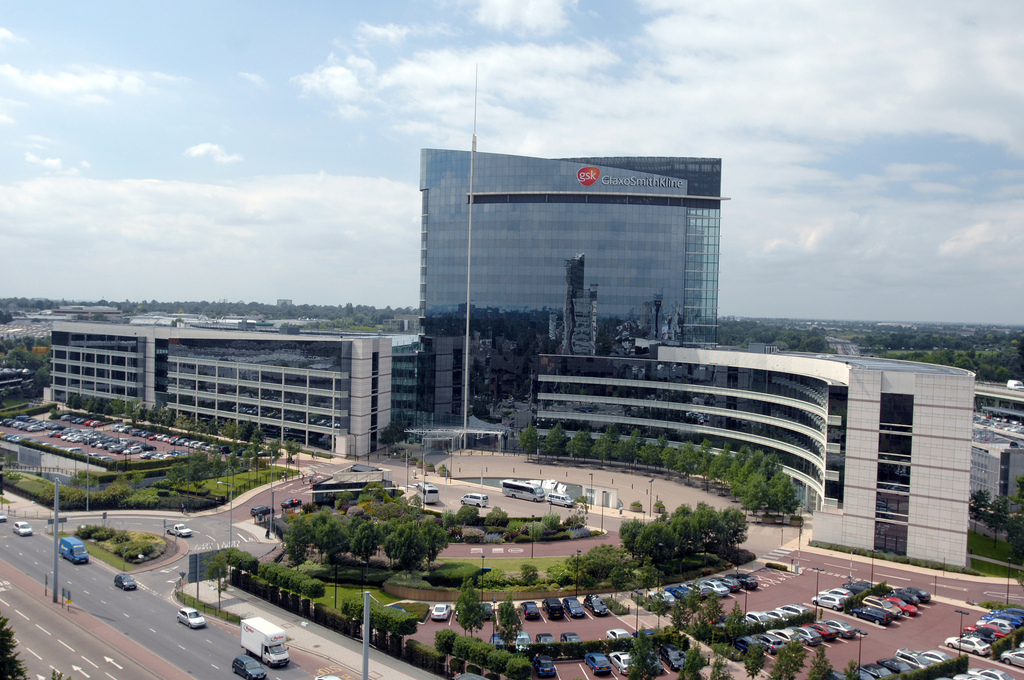GSK/Janssen's rheumatoid arthritis drug filed in EU

GlaxoSmithKline and Janssen have filed their rheumatoid arthritis drug sirukumab in the EU, as the companies compete with Sanofi to gain market share from market leader AbbVie.
The companies are co-developing sirukumab, a human anti-interleukin (IL)-6 monoclonal antibody, which will be available either as a single-dose prefilled syringe, or a single-dose autoinjector.
If approved the drug could allow for treatment every four weeks, giving it an advantage over Sanofi's rival, sarilumab, which is injected every two weeks. GSK is also planning a US filing this year.
The filing is based on data from the five SIRROUND phase 3 studies, investigating the drug in a 100mg dose every two weeks, or a 50mg dose every four weeks.
Sanofi and partner Regeneron have already filed sarilumab in the US, with a regulatory decision due in late October. They are planning a European filing this quarter.
Sirukumab is an investigational human monoclonal IgG1 kappa antibody that selectively binds with high affinity to the IL-6 cytokine, a naturally occurring protein that plays a role in autoimmune conditions.
It is one of around 40 assets profiled to investors at GSK’s R&D event in November 2015 and belongs to the company’s immuno-inflammation portfolio – one of six core areas of scientific research and development alongside oncology, vaccines and infectious, respiratory and rare diseases.
Sarilumab and sirukumab are part of a new generation of drugs that aim to supersede AbbVie's Humira (adalimumab), which is coming off patent in the US in December, and in the EU in 2018.
Humira is the world's biggest-selling drug with sales potentially topping $15 million this year. It will however face competition from a biosimilar developed by Amgen.
AbbVie has an option in Ablynx's vobariluzumab, an IL-6 drug which is in phase 2 development. Eli Lilly is also developing baricitinib, a JAK1 and JAK2 inhibitor that has outperformed Humira in a phase 3 trial.












